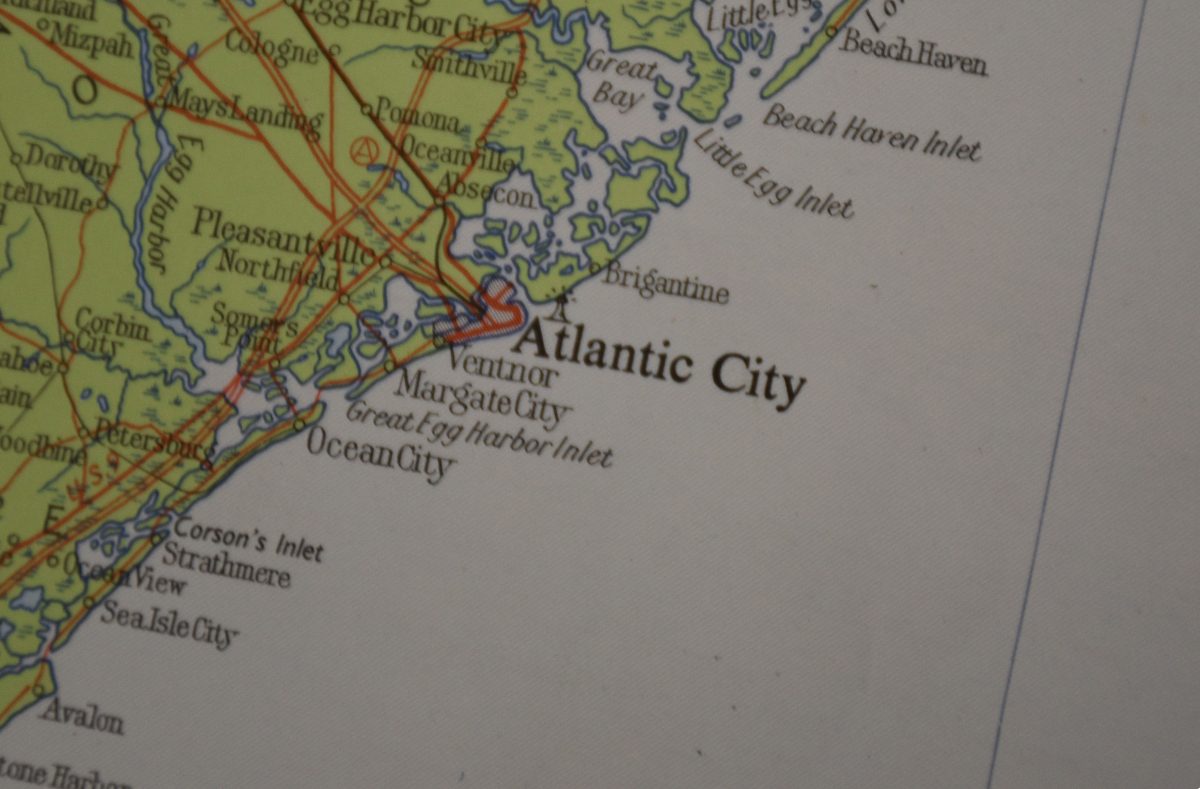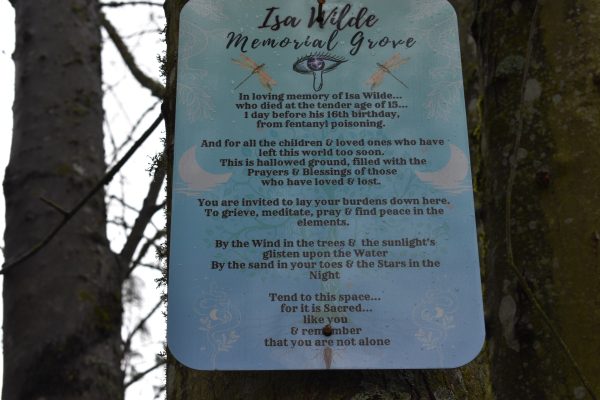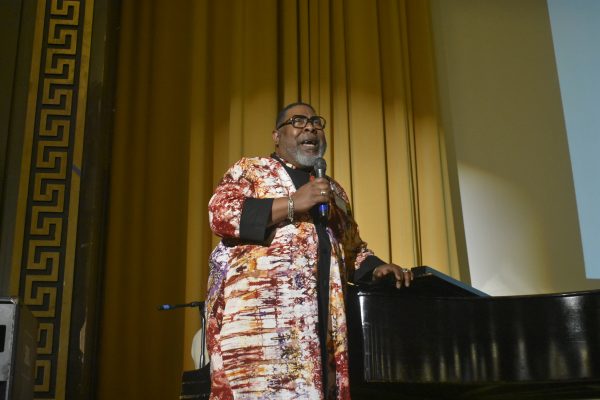2016 Oregon Ballot Measures: Which ones passed? Which ones didn’t?
Clarion photo Anna Rollins
Oregon ballot measure number 97 did not pass.
November 25, 2016
Ask around, and the majority of Oregonians won’t know which ballot measures passed in Oregon. With all this talk of our president-elect, it’s easy to forget about the races closer to home. So here’s what passed and what didn’t in Oregon.
Measure 94
Previously, Oregon’s constitution required that judges retire at 75 years of age. If this bill had passed, judges would be allowed to retire when they choose. This bill failed, meaning that Oregon’s mandatory retirement age still applies. Opponents of this bill say that this law will continue to push out old judges who may no longer be competent. They also say that when more white men retire, more room is made for women and people of color to serve as judges.
Measure 95
Measure 95 was approved. This means that public Oregon universities can now invest in stocks. Advocates of this bill say that allowing universities to invest in stocks will be a good way for them to make money. It will help universities provide more scholarships for students and potentially lower tuition rates. Opponents of this measure believe that allowing universities to invest in stocks is risky and could result in losses. Many are suspicious because details about these investments would stay private. Oregon schools could invest in private prisons, coal, and oil stocks without having to tell their students or the public.
Measure 96
Measure 96 passed. Now, 1.5 percent of state lottery proceeds will go to veteran services. This could add up to $4 million dollars annually. Before this bill, 15 percent of the lottery earnings went to maintaining parks and 18 percent of it went to an education stability fund. The remaining 67 percent was undedicated and was used for things like college athletics, gambling addiction treatment, and economic development. Now, only 65.5 percent of proceeds will be undedicated. Proponents say that services for veterans have been underfunded, and that this change will help to combat this problem. Opponents say that this new bill will take money away from other important government services.
Measure 97
Measure 97 was defeated. This bill would have required a 2.5 percent tax on sales for corporations who sell goods and services of more than $25 million dollars a year. This measure would have brought in roughly $3 billion dollars in taxes every year, and a significant portion of that money would have gone to Oregon schools. Both sides spent millions on campaign ads. The Oregon Education Association was the top donor for the “yes on 97” campaign, and Fred Meyer, Safeway, and Costco were the top donors for the “No on 97” campaign.
Measure 97 did not go through, and with a projected budget shortfall of $1.4 billion dollars coming up for the next budget cycle, cuts may be coming to education resulting in less electives and extracurriculars and larger class sizes.
Measure 98
Measure 98, which passed, will now require state funding for college and career preparation programs along with dropout prevention services to Oregon high schools. This bill will provide another $800 dollars per student towards these programs. With the third highest dropout rate in the nation, Oregon hopes to invest in programs and services that will keep them in school.
Measure 99
Measure 99 passed. In the past, Oregon State University granted school districts money to pay for Outdoor School (ODS). Because of this, an outdoor education fund will be created, sourced from state lottery proceeds. This way all students in Oregon will be able to attend outdoor school. Those in opposition worried that this bill would have taken away from other important services. Measure 99 was popular with Cleveland students, many of whom had a positive Outdoor School experience when they were in sixth grade and continue to favor ODS as student leaders. This way all students in Oregon will be able to attend Outdoor School.
Measure 100
Measure 100 was pretty non-controversial. It prohibited the sale of products and parts from 12 endangered animals in Oregon. It passed. Supporters of the bill say that by prohibiting the sale of parts from endangered animals, illegal poaching would be reduced. The small percent of the population which voted in opposition say that this bill is not worth the cost, which is about $100,000 dollars.



























